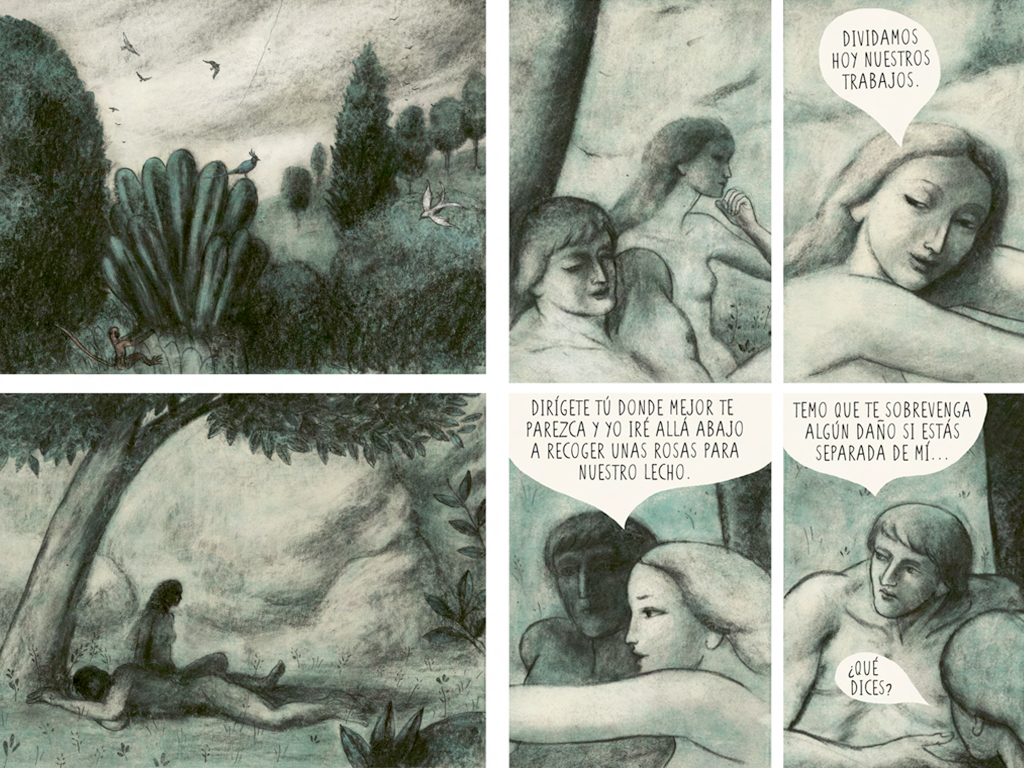Ten days ago, I became an unlikely hero of Barcelona Aeroport T2 rail station.
Allow me to explain. After sleeping through most of the Norwegian Air flight Gran Canaria—Barcelona, I woke up refreshed (stiff neck notwithstanding) and quite ready for some food and drink. The station attendant at the Aeroport T2 kindly informed me that the next train to Barcelona-Sants was delayed by about ten minutes. I had half an hour to kill. Naturally, I found myself in a station café enjoying a good company of a pincho and a caña. The anxiety that kept hold of me for the last five days had finally relaxed its grip. I’ve landed, man.
Quarter an hour later, I was surprised to see the ostensibly delayed train showing up. Suspecting that it would attempt to depart on time, I paid, grabbed my backpack and promptly left.
In the train, I found a cozy seat next to the window. There was a middle-aged couple sitting opposite. Just to be sure, I asked them whether this train was indeed going to Sants. It did, they confirmed. (Unless I totally misinterpreted their Catalan.) When there was about three minutes left to departure, I realised that something was missing from the picture.
That’s right. My luggage.
What followed would have put Usain Bolt to shame. I left the carriage, ran out of the platform, into the café — the suitcase was exactly where I left it, viz. near the bar stool I occupied until a few minutes ago — the barman and the patrons just stared in astonishment — grabbed the suitcase, did a 180° turn and left the café without slowing down, ran back through the gates — the station assistant, apparently frightened by the expression on my face, quickly opened them for me and shouted “Corre, corre!” — and so I did. A few seconds later, I was sitting, panting, in the very same chair opposite the middle-aged couple who were nodding their heads and showing me thumbs up as the train began to crawl away from the airport.








